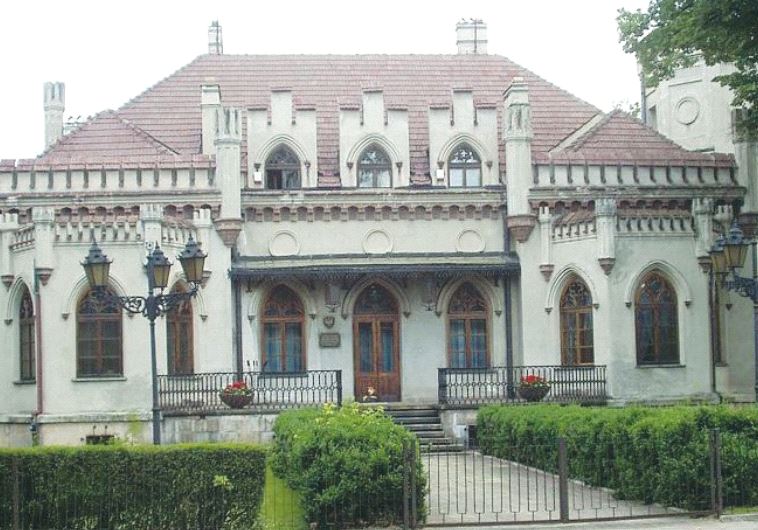Second-generation Holocaust survivor awaiting relief after winning court battle over property
Catholic church, illegally granted rights by administrator, refuses to compensate heir.
 THE GOLDMAN DRILLICH house in Tarnow is now called the Wedding Palace.(photo credit: Wikimedia Commons)
THE GOLDMAN DRILLICH house in Tarnow is now called the Wedding Palace.(photo credit: Wikimedia Commons)